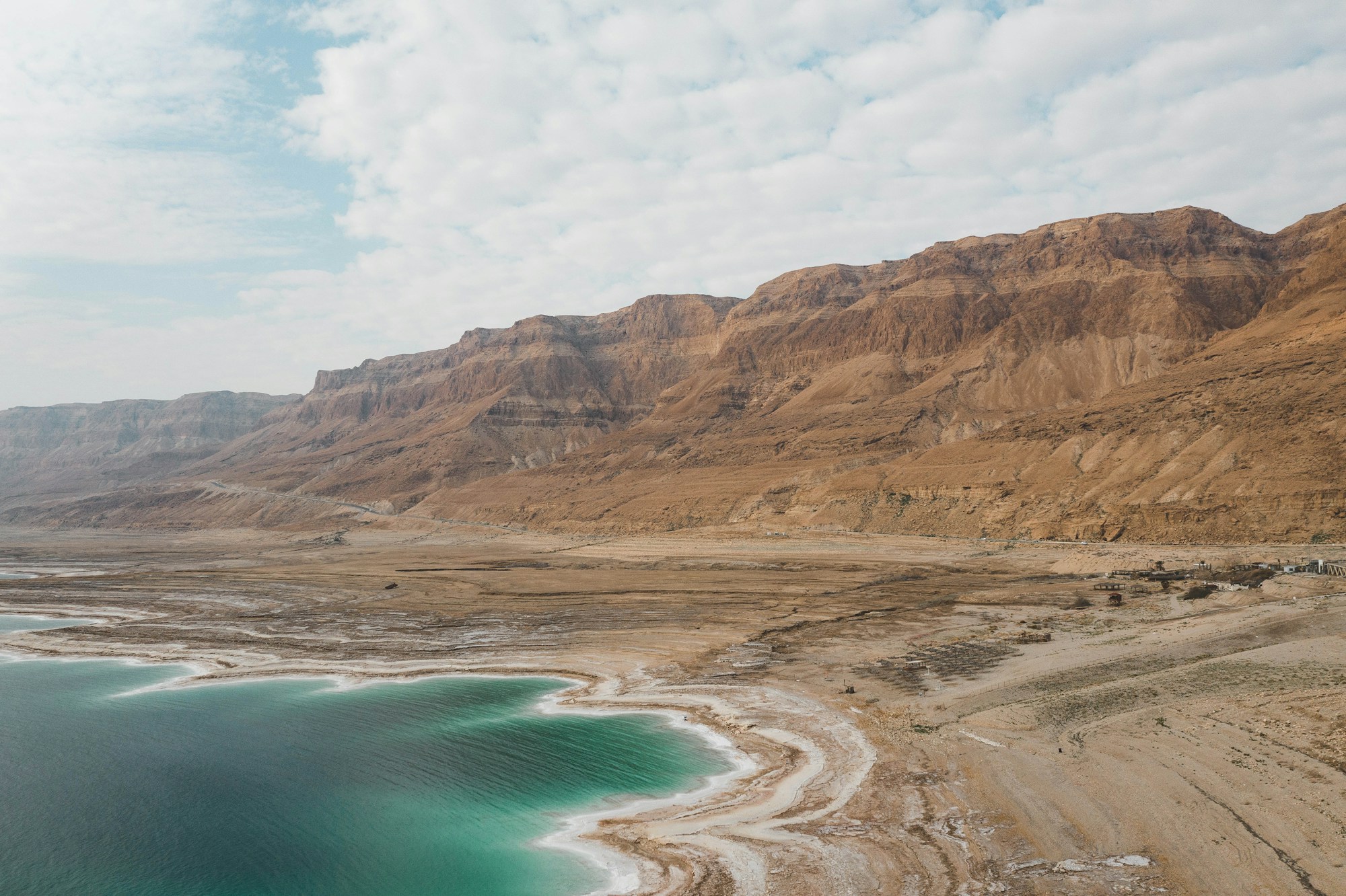Exploring Israeli Heritage: A Guide to Culture & Traditions

Exploring Israeli Heritage: A Guide to Culture & Traditions
Welcome to Israel, a country steeped in rich history and cultural diversity. From the ancient ruins of Jerusalem to the vibrant streets of Tel Aviv, there is so much to explore and discover. In this travel guide, we will take you on a journey through Israeli heritage, highlighting the unique culture and traditions that make this country truly special.
Culture
Israeli culture is a fascinating blend of various influences, shaped by centuries of history and the diverse communities that call this land home. The culture reflects the cultural mosaic of the Jewish people, as well as the Arab, Druze, and Bedouin communities that coexist in Israel.
One of the most distinctive aspects of Israeli culture is its cuisine. From traditional Jewish dishes like challah bread and matzo ball soup to Middle Eastern favorites like falafel and hummus, there is no shortage of delicious food to enjoy. Make sure to visit a local market, known as a shuk, to sample a wide variety of local produce, spices, and delicacies.
The arts also play a significant role in Israeli culture. The country has a thriving music and film industry, with Israeli artists gaining international recognition. Attend a live music performance or catch a screening of an Israeli film to experience the vibrancy and creativity of the local arts scene.
Religion holds a central place in Israeli society, with Judaism being the primary religion. Exploring the ancient city of Jerusalem is a must, with its historical sites sacred to Judaism, Christianity, and Islam. Visit the Western Wall, the Church of the Holy Sepulchre, and the Dome of the Rock to gain a deeper understanding of the religious heritage of this land.
Traditions
Israeli traditions are deeply rooted in the country's history and religious beliefs. Shabbat, the Jewish day of rest, is observed by most Israelis from Friday evening to Saturday evening. During this time, many businesses and services close, and families come together to share a festive meal.
Purim is another important tradition in Israel, celebrating the saving of the Jewish people from the evil Haman, as recounted in the Book of Esther. During this festive holiday, people dress up in costumes, exchange gifts, and participate in lively street parades known as Adloyada.
Rosh Hashanah and Yom Kippur are high holy days in the Jewish calendar. Rosh Hashanah marks the Jewish New Year, a time for reflection and repentance. Yom Kippur, the Day of Atonement, is a solemn day of fasting and prayer. Join a local synagogue to experience these meaningful traditions firsthand.
Israelis also celebrate Independence Day, known as Yom Ha'atzmaut, commemorating the establishment of the state of Israel in 1948. This day is marked by fireworks, concerts, and lively street parties throughout the country.
Getting Around
When traveling in Israel, it's best to rent a car or use public transportation. The country has a well-developed network of buses and trains that connect major cities and towns. Tel Aviv and Jerusalem also have efficient metro systems, making it easy to navigate these bustling cities.
It's important to note that Israel can be hot and sunny, especially during the summer months. Be sure to pack sunscreen, a hat, and comfortable walking shoes for exploring outdoor attractions like the Dead Sea and the Negev Desert.
